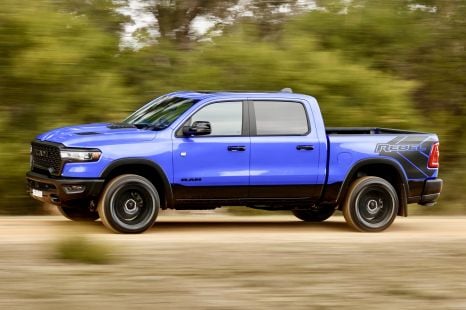

Max Davies
2026 Ram 1500 Rebel review
5 Days Ago
Porsche will have a 45 per cent stake in Bugatti Rimac, which will be helmed by Rimac founder and CEO Mate Rimac.

News Editor
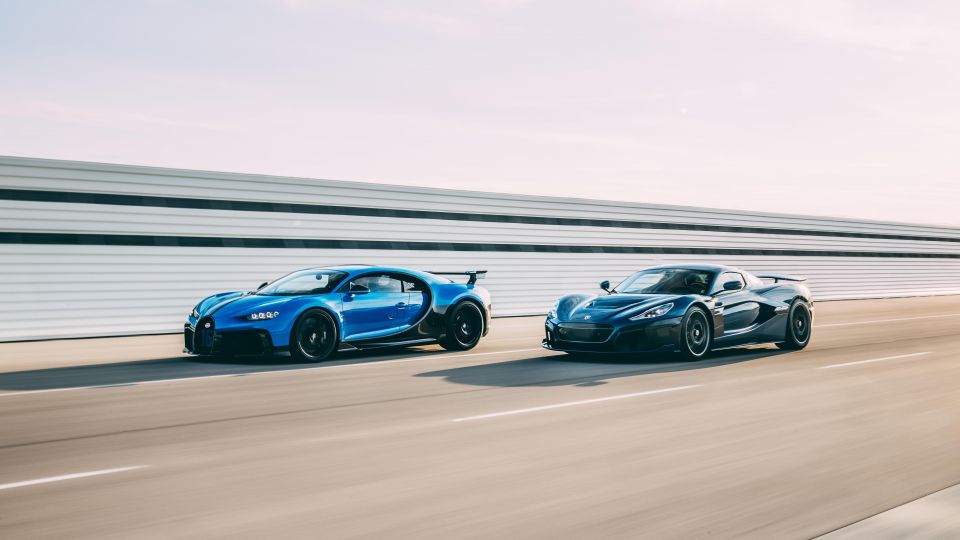

News Editor
One is a venerated historic brand, the other is a dynamic upstart. Together, they’re forming a joint venture.
Bugatti and Rimac are joining forces to become, unsurprisingly, Bugatti Rimac. The new company will be formed in the fourth quarter of 2021.
The individual brands will continue to operate separately, retaining their existing production facilities and distribution channels.
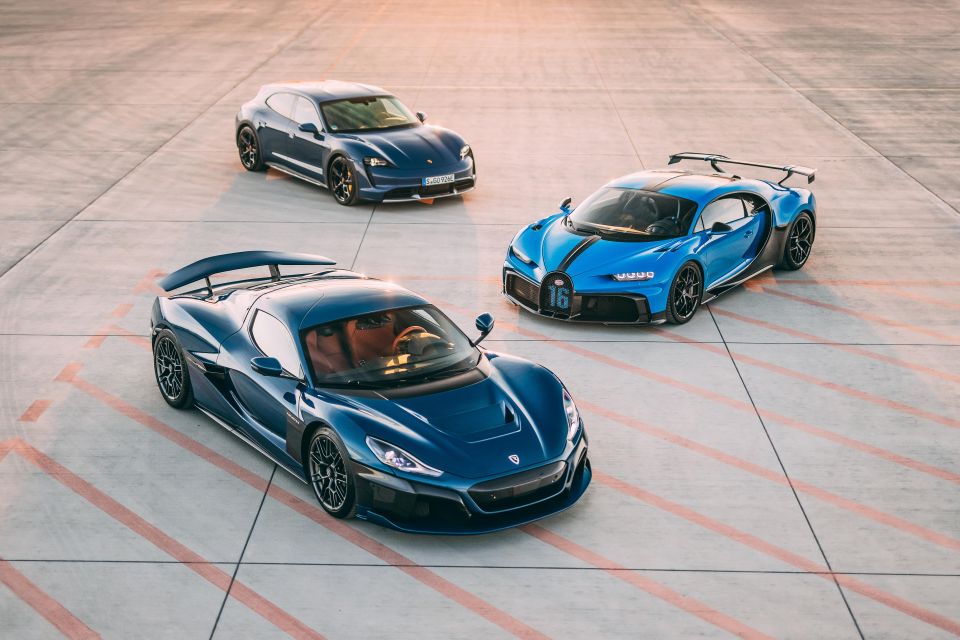
Bugatti will step out from under the Volkswagen Group umbrella, though Porsche will hold a 45 per cent stake in Bugatti Rimac.
Porsche’s executive board chairman and deputy chairman, Oliver Blume and Lutz Meschke, will become members of Bugatti Rimac’s supervisory board.
The other 55 per cent will be held by the newly-formed Rimac Group, which will become the majority shareholder.
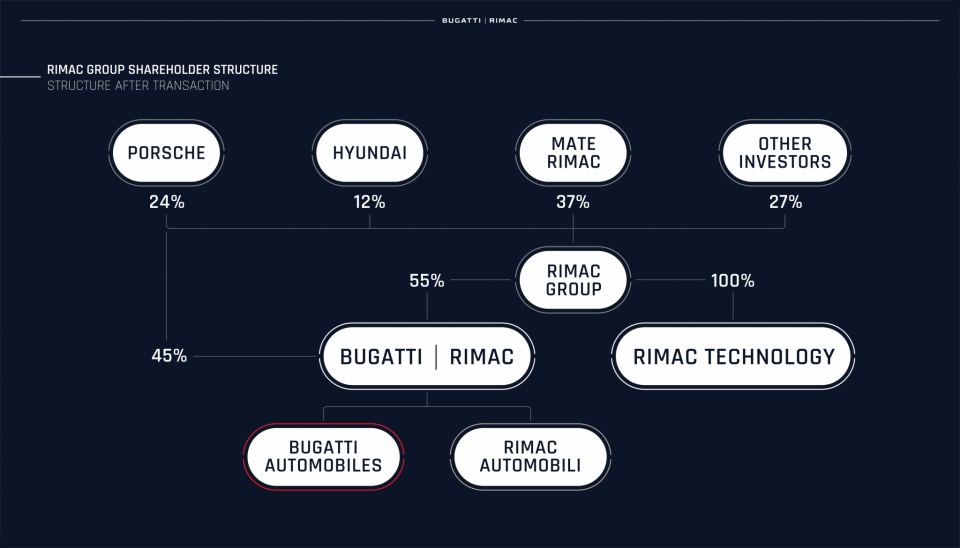
Rimac’s work developing, producing and supplying battery systems and other electric vehicle components will now be the purview of Rimac Technology, which will be wholly owned by the Rimac Group.
Stepping up one level in the shareholder structure, company founder Mate Rimac will have a 37 per cent share of the Rimac Group. He’ll also serve as CEO of the Rimac Group and run both Bugatti Rimac and Rimac Technology.
Porsche will have a 24 per cent of the Rimac Group, Hyundai 12 per cent, and other investors the remaining 27 per cent.
While the Bugatti and Rimac brands will be kept separate, future vehicles will share technology.
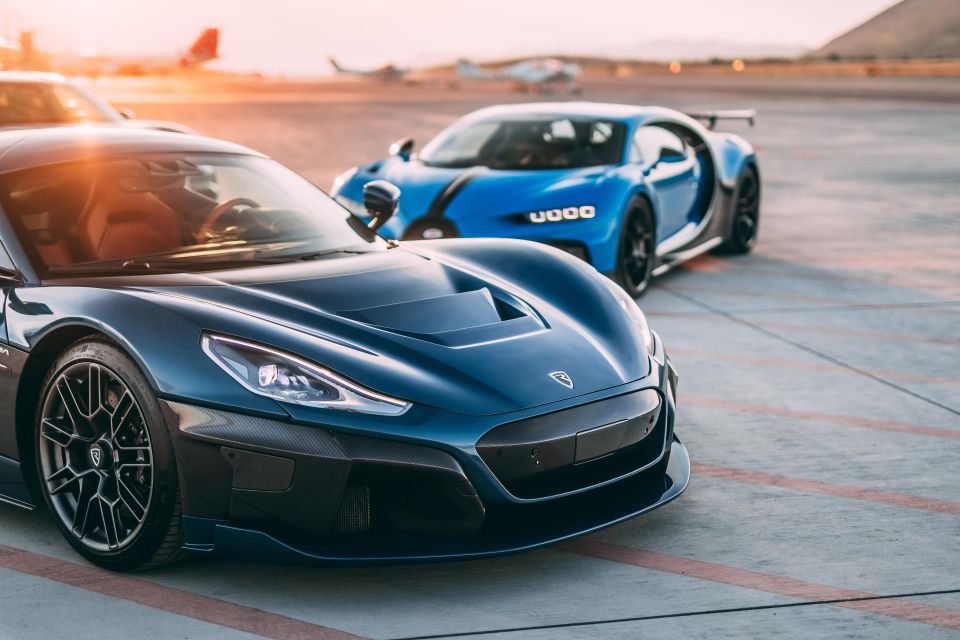
Auto Express reports Bugatti will continue to offer internal combustion engines.
“For the transition period we have an idea with more electrification, but still remaining in combination with a combustion engine,” said Mate Rimac to members of the media.
“We will not just recycle what we have – not restyle the Chiron or hybridise the Chiron. We’re developing a completely new product from the ground up – everything, because we think that’s the best way to go. That product will have an internal combustion engine.”
“So I’ll say that within this decade there will be a fully electric Bugatti, but by end of this decade there will be combustion-engined Bugattis as well, but heavily hybridised.”
Rimac also nodded at Bugatti introducing a new vehicle that wasn’t a hypercar.
“To give you a hint there, there’s an opportunity for very interesting cars that are different from other models on the market. Rimac might remain more on the high-performance area of the market,” he said, highlighting that Bugatti buyers typically desire more in the way of luxury and craftsmanship than Rimac buyers.
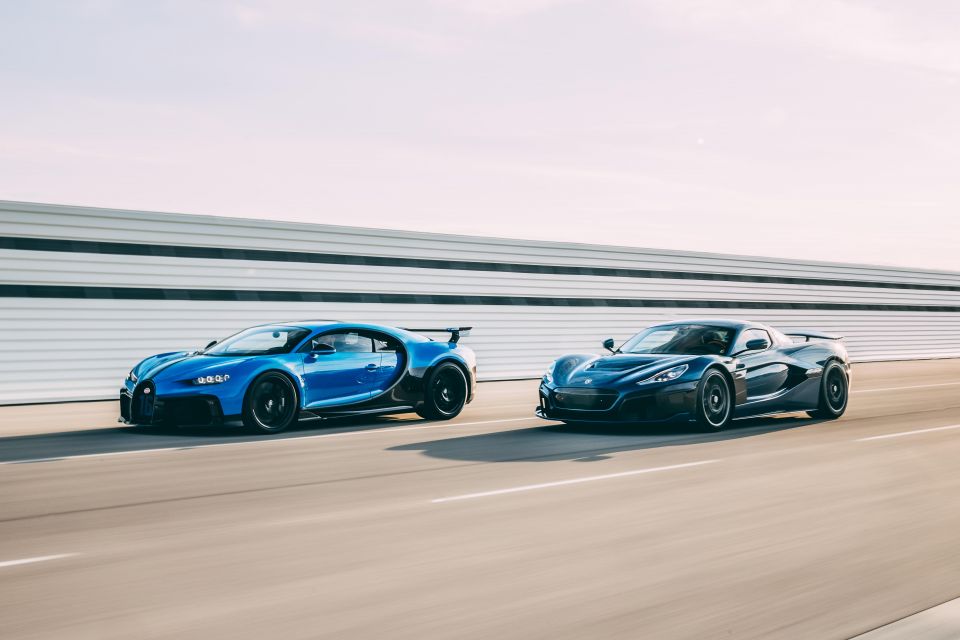
Rimac Automobili will continue to operate in Zagreb, Croatia while Bugatti production will continue in Molsheim, France, where the Bugatti brand was founded back in 1909.
The respective factories will continue to produce the Rimac Nevera and Bugatti Chiron. Zagreb is home to 300 employees while Molsheim has 130.
Bugatti Rimac’s global headquarters will be at the Rimac Campus in Zagreb, due to open in 2023.
The 100,000m2 facility will cost €200 million (A$314.6 million) and will be the home of research and development for all future Bugatti and Rimac vehicles. It’ll also accommodate 2500 employees.
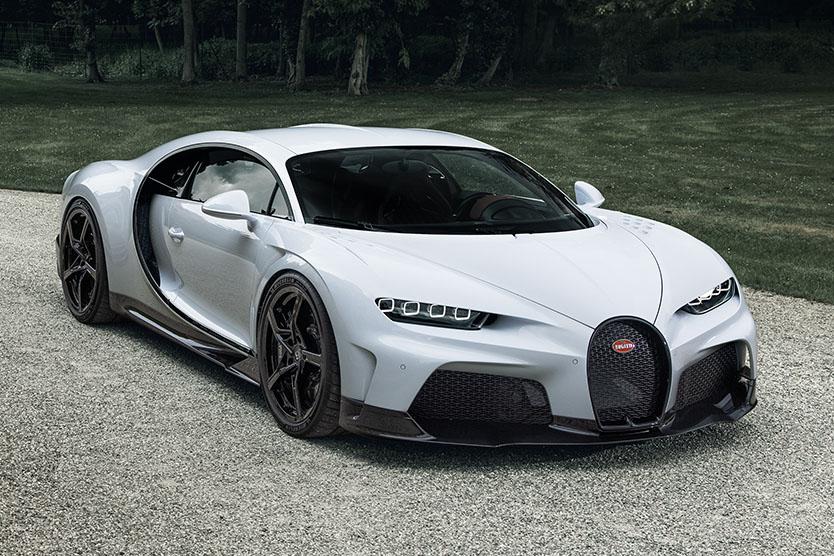
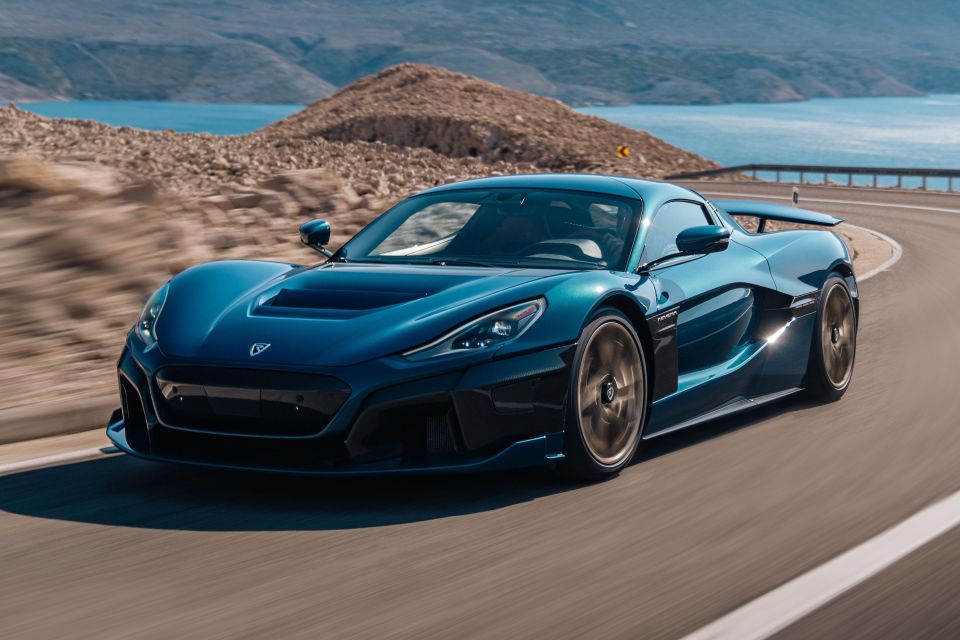
“We are combining Bugatti’s strong expertise in the hypercar business with Rimac’s tremendous innovative strength in the highly promising field of electromobility,” said Porsche chairman Oliver Blume.
“Bugatti is contributing a tradition-rich brand, iconic products, a loyal customer base and a global dealer network to the joint venture. In addition to technology, Rimac is contributing new development and organisational approaches.”
Speculation about a Bugatti Rimac joint venture or an outright sale of Bugatti had been growing over the past several months, with Volkswagen Group CEO Herbert Diess confirming joint venture talks were underway in March.
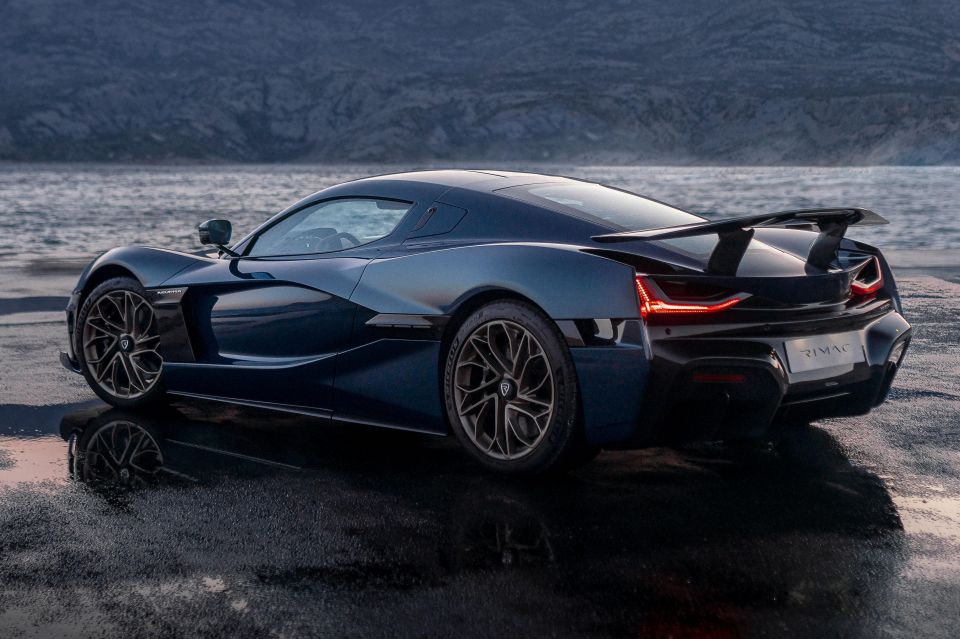
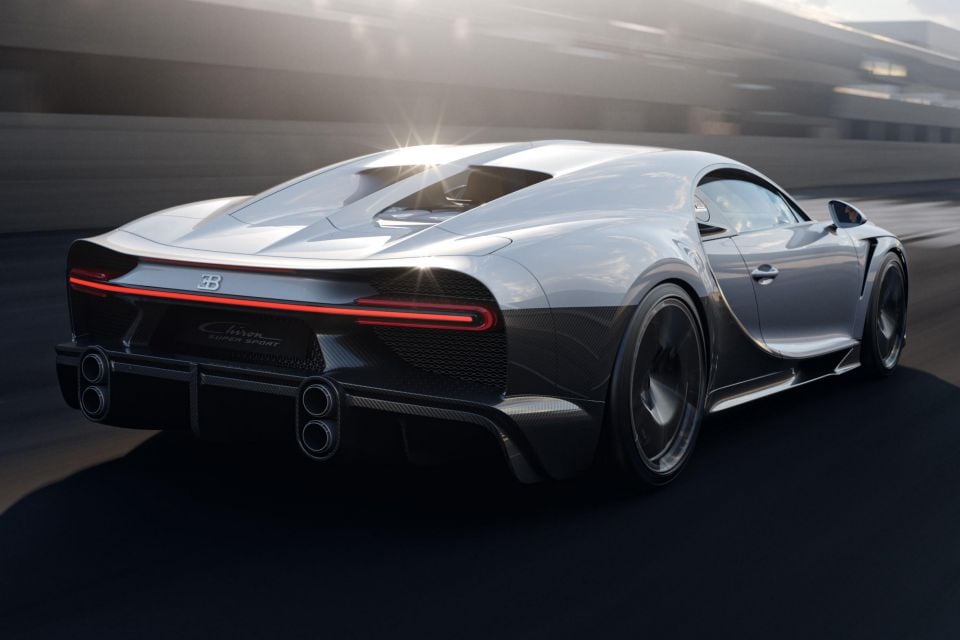
Porsche had already upped its stake in Rimac earlier in 2021 from 15.5 per cent to 24 per cent.
The company first bought shares in Rimac in 2018, acquiring a 10 per cent stake.
Selling Bugatti in part frees the Volkswagen Group from having to develop a new all-electric architecture from scratch, which in turn frees up more R&D funds for the German giant to continue with its massive electrification efforts.
William Stopford is an automotive journalist based in Brisbane, Australia. William is a Business/Journalism graduate from the Queensland University of Technology who loves to travel, briefly lived in the US, and has a particular interest in the American car industry.


Max Davies
5 Days Ago
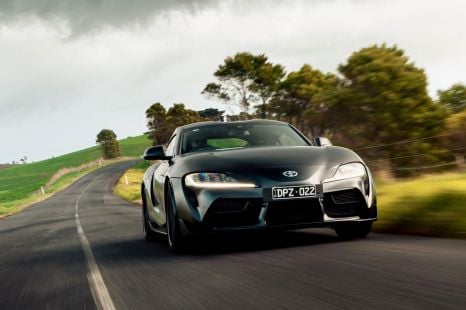

Max Davies
4 Days Ago
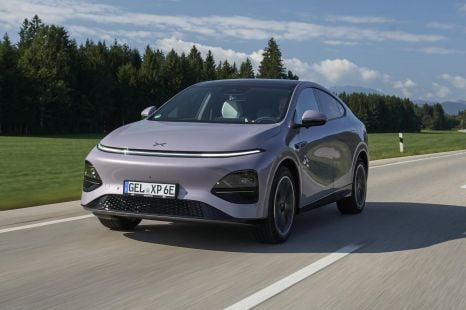

Neil Briscoe
3 Days Ago
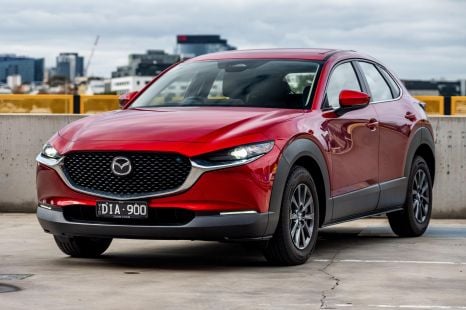

Max Davies
2 Days Ago
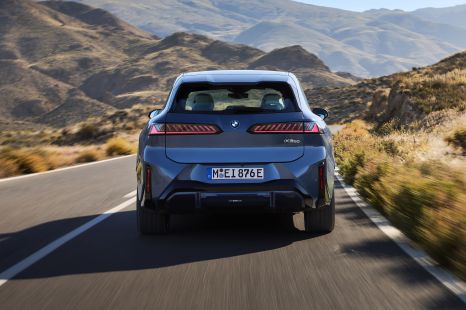

Alborz Fallah
15 Hours Ago
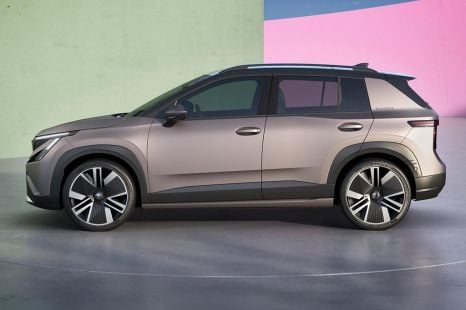

Damion Smy
15 Hours Ago